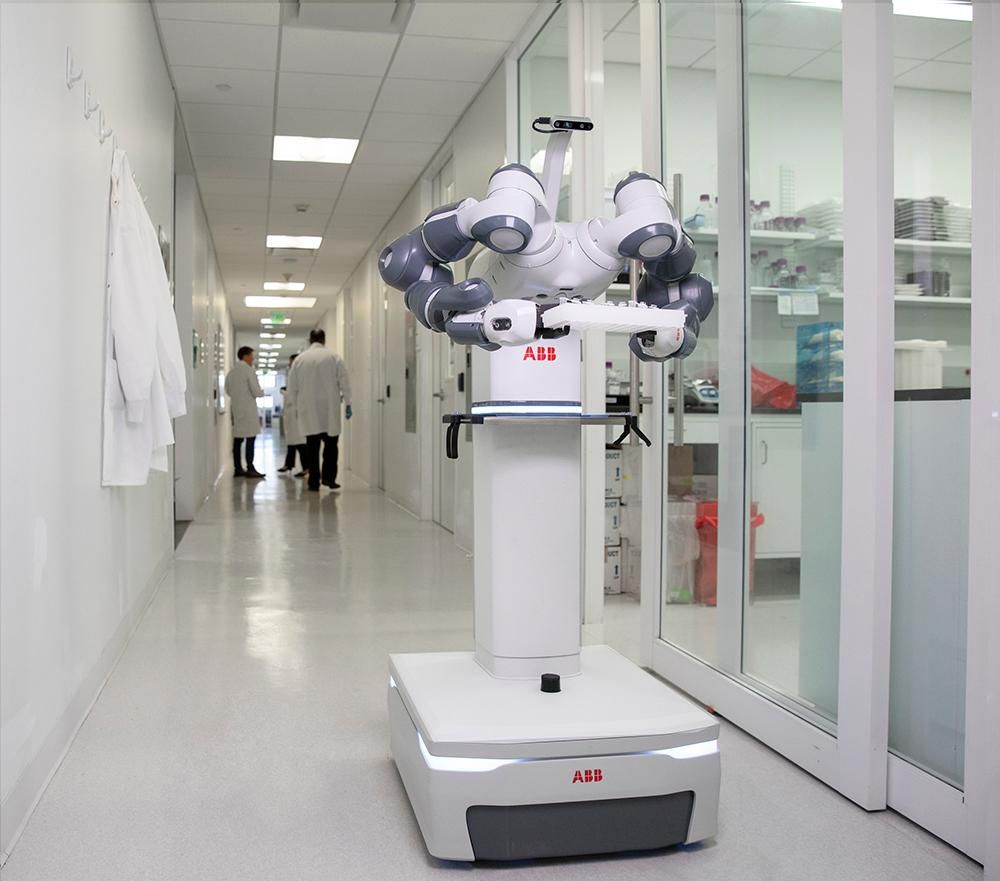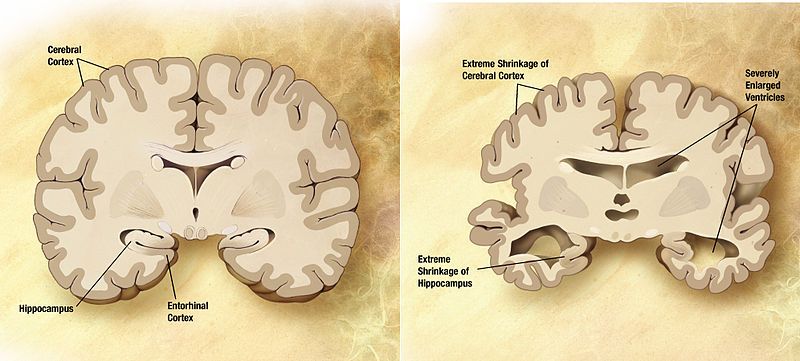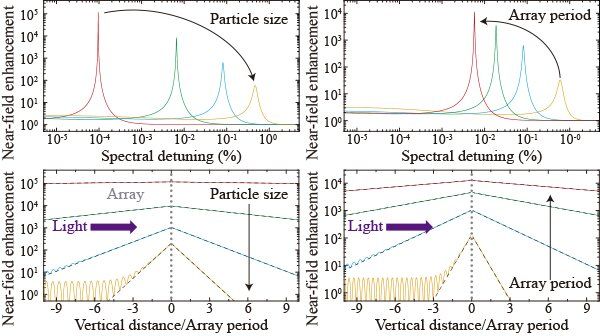The future belongs to biology!



An organic material that can repeatedly change shape without breaking would have many useful applications, such as artificial muscles, pumps or as a switch. Physicists at Radboud University accidentally discovered a material with that property. Their findings were published in the scientific journal Nature Communications today October 8, 2019.
“I tend to call it the ‘molecular pinball machine,’” says Theo Rasing, professor of Spectroscopy of Solids and Interfaces at Radboud University. Together with colleagues from Nijmegen and China, he demonstrates the shape-changing abilities of the material by having it fling a glass bead at high speed. In that process, the organic crystal material called 4-DBpFO delivers a force corresponding to ten thousand times its own weight.
The crystals have the unique property of significantly changing shape at small temperature variations around 180 degrees Celsius and doing so without breaking, which allows for that change to be repeated hundreds of times.

With the move, France will join states around the world rushing to create “digital identities” to give citizens secure access to everything from their taxes and banks to social security and utility bills. Singapore uses facial recognition and has signed an accord to help the U.K. prepare its own ID system. India uses iris scans.
France is poised to become the first European country to use facial recognition technology to give citizens a secure digital identity — whether they want it or not.
Saying it wants to make the state more efficient, President Emmanuel Macron’s government is pushing through plans to roll out an ID program, dubbed Alicem, in November, earlier than an initial Christmas target. The country’s data regulator says the program breaches the European rule of consent and a privacy group is challenging it in France’s highest administrative court. It took a hacker just over an hour to break into a “secure” government messaging app this year, raising concerns about the state’s security standards.

https://www.lifespan.io/mitomouse
We would like to give our most heartfelt thanks to John Saunders and the other wonderful donors in the last few days who have helped us get ever closer to the intial project goal of 50k.


CERN congratulates James Peebles, Michel Mayor and Didier Queloz on the award of the Nobel Prize in physics “for contributions to our understanding of the evolution of the universe and Earth’s place in the cosmos”. Peebles receives the prize “for theoretical discoveries in physical cosmology” and Mayor and Queloz are recognised “for the discovery of an exoplanet orbiting a solar-type star”.
Cosmology studies the universe’s origin, structure and ultimate fate. Peebles’ theoretical framework of cosmology, developed since the mid-1960s, is the foundation of our knowledge of the cosmos today. Thanks to his seminal theoretical work, physicists now have a model that can describe the universe from its earliest moments to the present day, and into the distant future.
Meanwhile, Mayor and Queloz have explored our cosmic neighbourhood and announced in 1995 the first discovery of an exoplanet – a planet outside our Solar System – orbiting a solar-type star in the Milky Way. The discovery of this exoplanet, dubbed 51 Pegasi b, was a milestone in astronomy and has since led to the discovery of more than 4000 exoplanets in our galaxy.

A collaborative study published today in the journal Cell Reports provides evidence for a new molecular cause for neurodegeneration in Alzheimer’s disease. The study, led by researchers at Baylor College of Medicine and the Jan and Dan Duncan Neurological Research Institute at Texas Children’s Hospital, integrates data from human brain autopsy samples and fruit flies to reveal a novel mechanistic link between alterations in RNA splicing and tau-mediated neurodegeneration in Alzheimer’s disease.
“Cells carry out their functions by producing specific proteins encoded in their genes. To produce proteins, genes encoded in the DNA are first transcribed into RNA molecules, which subsequently are translated into proteins,” said corresponding author Dr. Joshua Shulman, associate professor of neurology, neuroscience and molecular and human genetics at Baylor and investigator at the Jan and Dan Duncan Neurological Research Institute.
In this study, Shulman and his colleagues investigated a molecular mechanism called RNA splicing that is involved in the production of mature RNA molecules necessary to produce working proteins. They looked into the possibility that aggregates of tau protein within neurons, a key marker of Alzheimer’s disease, interfered with RNA splicing.

Researchers led by Delft University of Technology personnel have made two steps in the conversion of quantum states between signals in the microwave and optical domains. This is of great interest for connecting future superconducting quantum computers into a global quantum network. This week they report on their findings in Nature Physics and in Physical Review Letters.
Conversion between signals in the microwave and optical domains is of great interest, particularly for connecting future superconducting quantum computers into a global quantum network. Many leading efforts in quantum technologies, including superconducting qubits and quantum dots, share quantum information through photons in the microwave regime. While this allows for an impressive degree of quantum control, it also limits the distance the information can realistically travel before being lost to a mere few centimeters.
At the same time, the field of optical quantum communication has already seen demonstrations over distance scales capable of providing real-world applications. By transmitting information in the optical telecom band, fiber-based quantum networks over tens or even hundreds of kilometers can be envisaged. “In order to connect several quantum computing nodes over large distances into a quantum internet, it is therefore vital to be able to convert quantum information from the microwave to the optical domain, and back,” says Prof. Simon Groeblacher of Delft University of Technology. “This will not only be extremely interesting for quantum applications, but also for highly efficient, low-noise conversion between classical optical and electrical signals.”

Controlling the interactions between light and matter has been a long-standing ambition for scientists seeking to develop and advance numerous technologies that are fundamental to society. With the boom of nanotechnology in recent years, the nanoscale manipulation of light has become both, a promising pathway to continue this advancement, as well as a unique challenge due to new behaviors that appear when the dimensions of structures become comparable to the wavelength of light.
Scientists in the Theoretical Nanophotonics Group at The University of New Mexico’s Department of Physics and Astronomy have made an exciting new advancement to this end, in a pioneering research effort titled “Analysis of the Limits of the Near-Field Produced by Nanoparticle Arrays,” published recently in the journal, ACS Nano, a top journal in the field of nanotechnology. The group, led by Assistant Professor Alejandro Manjavacas, studied how the optical response of periodic arrays of metallic nanostructures can be manipulated to produce strong electric fields in their vicinity.
The arrays they studied are composed of silver nanoparticles, tiny spheres of silver that are hundreds of times smaller than the thickness of a human hair, placed in a repeating pattern, though their results apply to nanostructures made of other materials as well. Because of the strong interactions between each of the nanospheres, these systems can be used for different applications, ranging from vivid, high-resolution color printing to biosensing that could revolutionize healthcare.